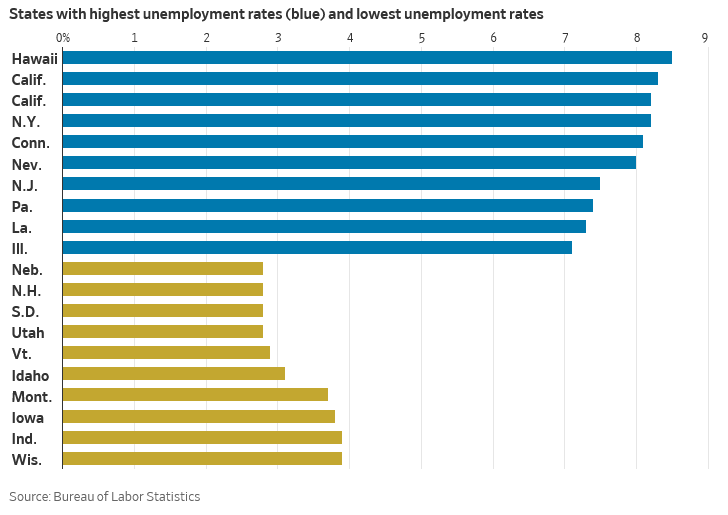RR Reno, editor of First Things, had an interesting op-ed about why he isn’t interested in hiring graduates of our Ivy League schools. His disdain wasn’t so much for the woke activists effectively running those schools as it was for the rest of the pupils (my term; his more generous one was “students”) there [emphasis added].
Student activists don’t represent the majority of students. But I find myself wondering about the silent acquiescence of most students. They allow themselves to be cowed by charges of racism and other sins. I sympathize. The atmosphere of intimidation in elite higher education is intense. But I don’t want to hire a person well-practiced in remaining silent when it costs something to speak up.
The same applies to existing CxOs of our businesses who show themselves too timid to speak against the woke, or against anything else in which they do not believe. If they’re that timid, how can the companies they run be expected to compete—domestically or globally?
Those meek, acquiescent pupils? Look at the example set for them at those schools: the meek, acquiescent persons of the schools’ administrations, who have spent the last several years, if not their professional lives well-practiced in remaining silent when it costs something to speak up against their woke activist pupils. That studied [sic] timidity doesn’t excuse the silent pupils’ own timidity (their peers provide a different example), but those…administrators…with their example make their timid charges’ paths that much harder.


